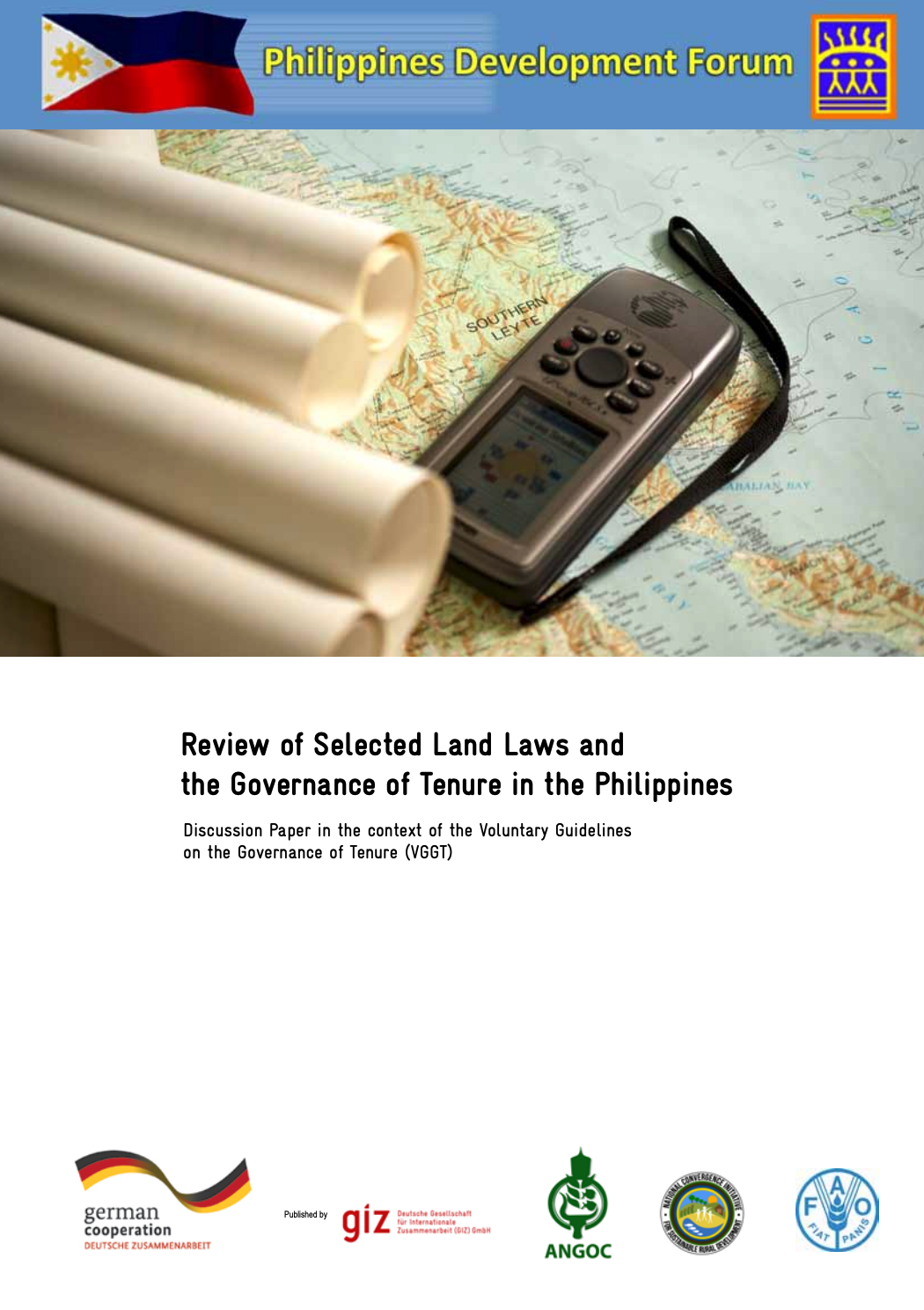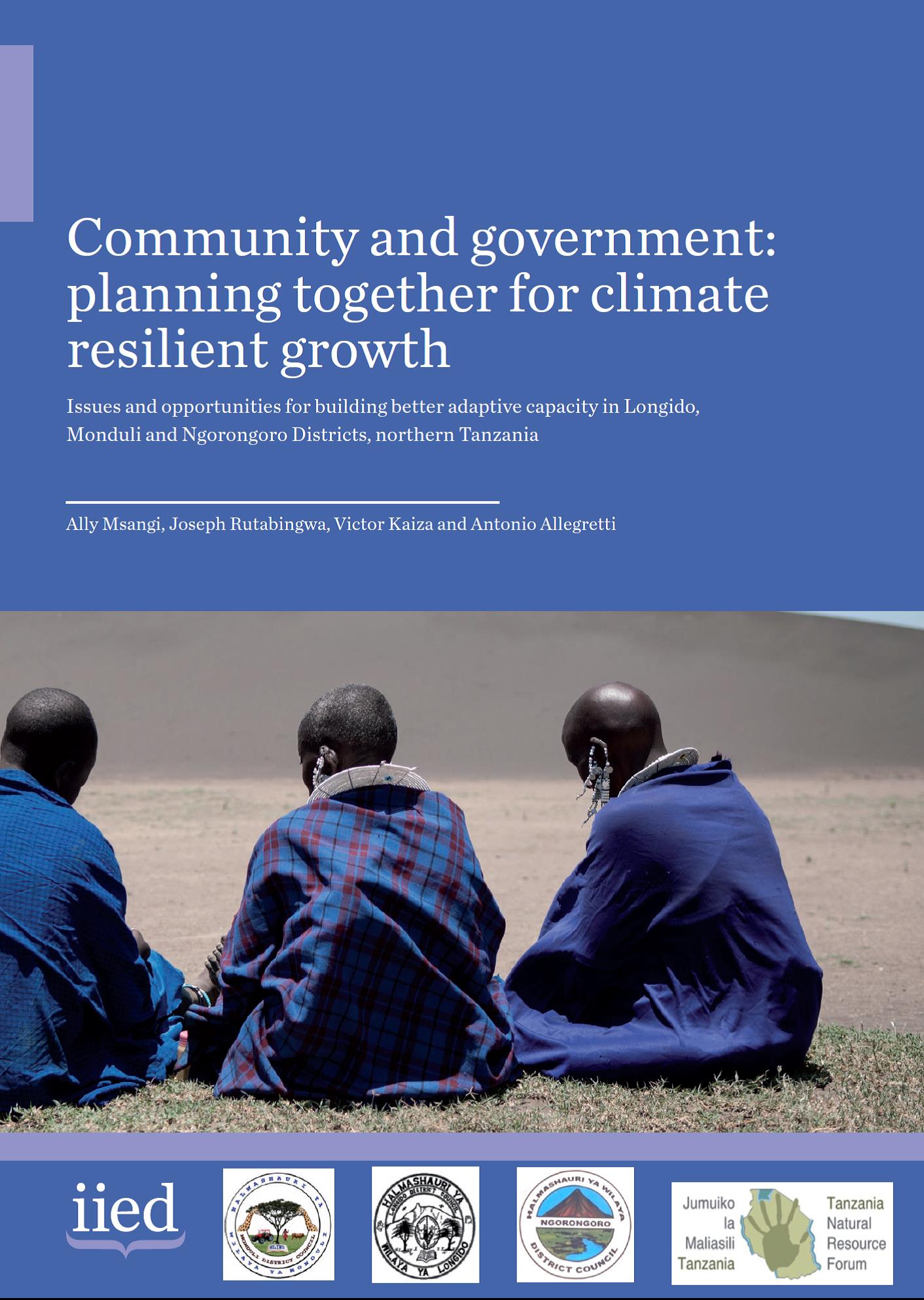United Nations and Indigenous Peoples in Developing Countries An Evolving Partnership
As indigenous peoples continue to gain more space in the UN system, the real challenge is ensuring the full recognition, respect, protection and exercise of their rights at all levels—and especially at the grassroots level. The UN system therefore needs to put into action its commitment in making the UN a “home” for indigenous peoples.








